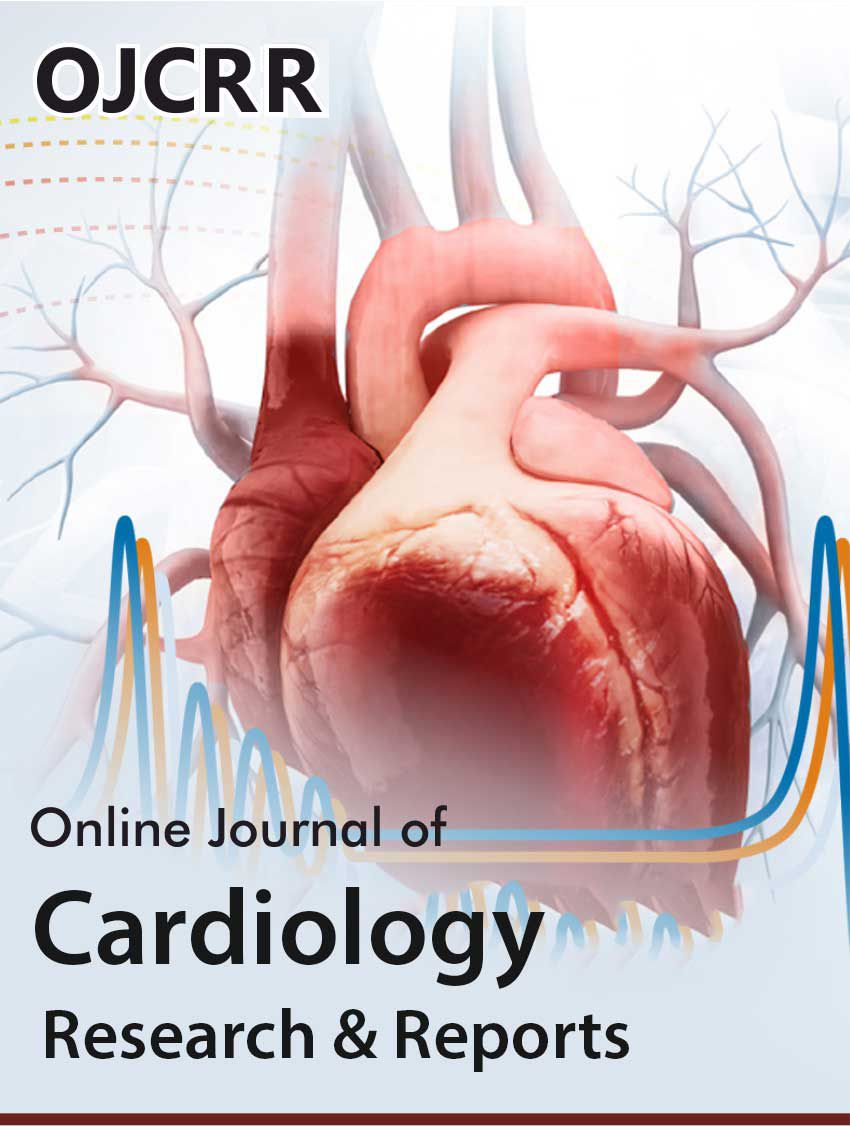 Opinion
Opinion
Plant-Based Diets (PBDs): Challenges and Solutions
Dasaad Mulijono1,2,3*
1Director of Cardiology, Department of Cardiology, Bethsaida Hospital, Tangerang-Indonesia
2Indonesia College of Lifestyle Medicine, Indonesia
3Professor of Cardiology, Department of Cardiology, Faculty of Medicine, Prima University, Medan-Indonesia
Dasaad Mulijono, Director of Cardiology, Department of Cardiology, Bethsaida Hospital, Tangerang-Indonesia, Indonesia College of Lifestyle Medicine, Professor of Cardiology, Department of Cardiology, Faculty of Medicine, Prima University, Medan-Indonesia, Indonesia.
Received Date: April 13, 2024; Published Date: April 19, 2024
Abstract
It has been more than three decades since the publication of Dean Ornish et al.’s study on whether lifestyle changes can reverse coronary heart disease [1]. This prospective, randomized, controlled trial included only 28 patients in the lifestyle arm who were required to follow a low-fat vegetarian diet, stop smoking, receive stress management training, and engage in moderate exercise. After one year, the results showed that the lifestyle intervention was effective in reversing the progression of coronary lesions, while those who continued with their unhealthy lifestyle habits experienced further progression in their coronary vessels. I was doing my residency training in Internal Medicine at the time. Was I aware of that publication? Yes, it had been discussed among the physicians at our hospital in Australia. Did anyone take the study seriously? No. Then, in 2014, Caldwell B Esselstyn Jr et al. presented a famous image, as depicted in Figure 1, which illustrated that strict plant-based diet (PBD), can regress coronary stenosis [2]. Esselstyn’s famous word “no oil” reverberated in many PBD public symposiums.
-
Dasaad Mulijono*. Plant-Based Diets (PBDs): Challenges and Solutions. On J Cardio Res & Rep. 7(5): 2024. OJCRR. MS.ID.000672.





